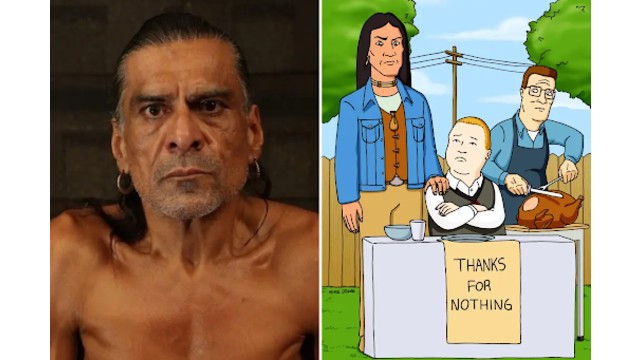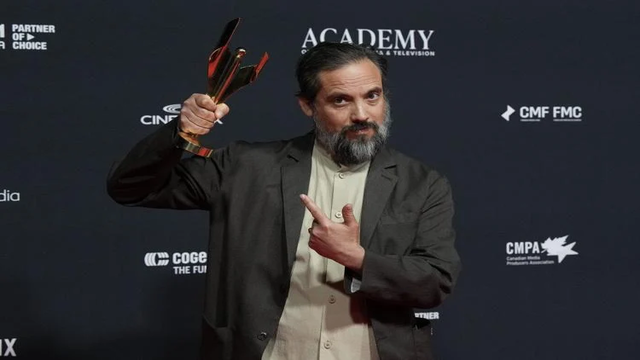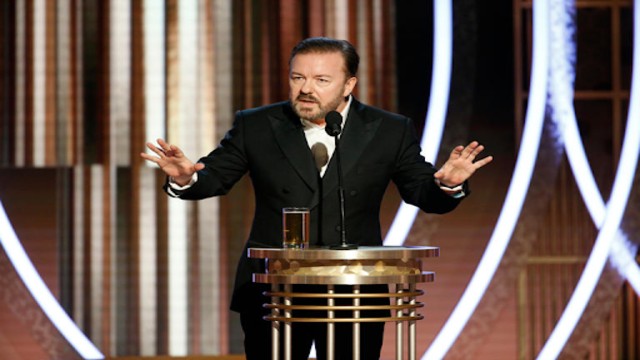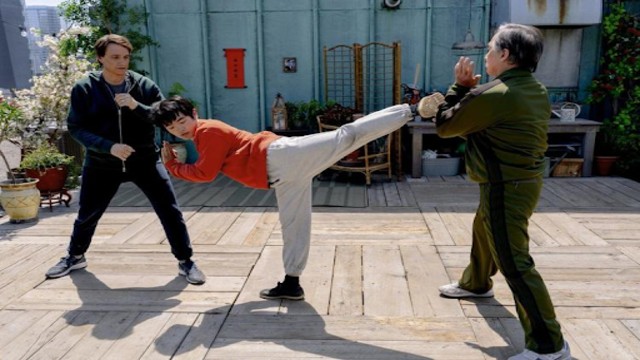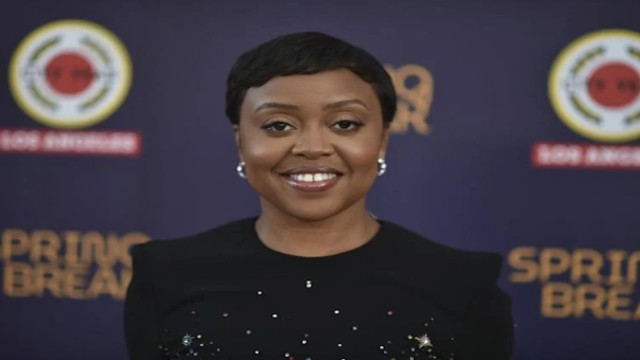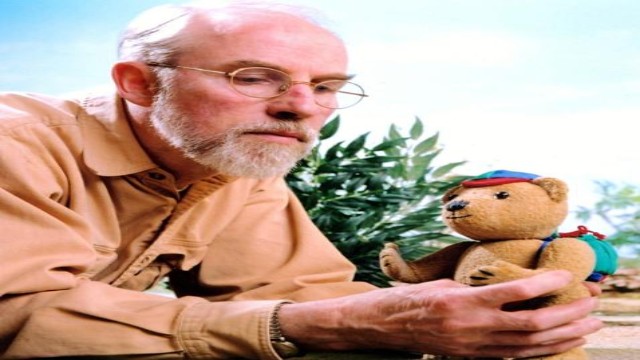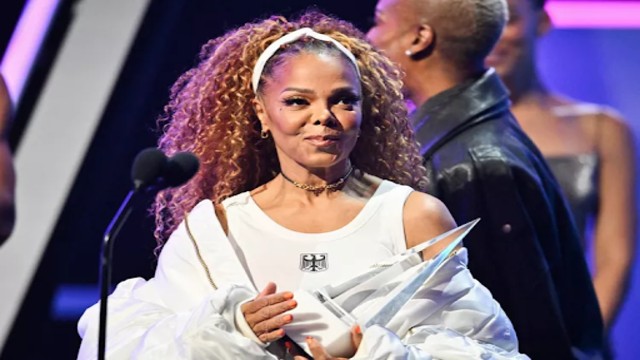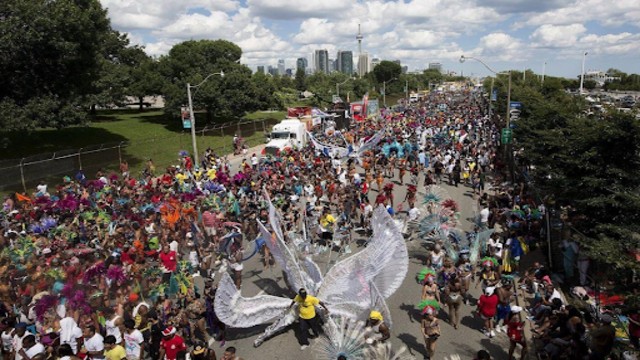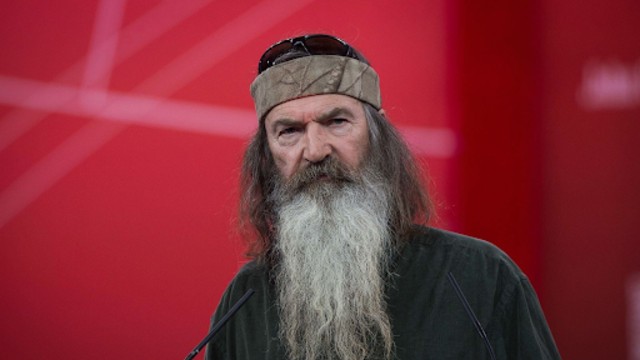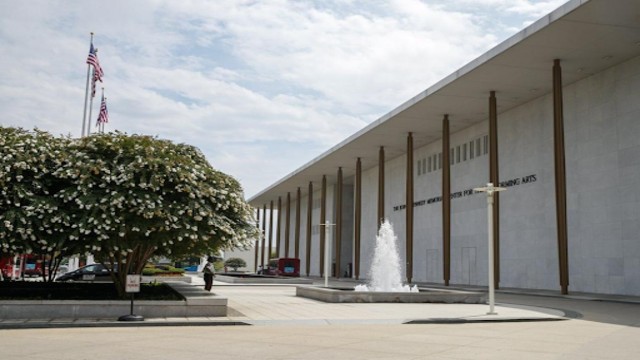
The Kennedy Center is seen Aug. 13, 2019, in Washington. (AP Photo)
The Kennedy Center in Washington, D.C., has long been a cultural hub celebrating artistic excellence. However, with Donald Trump’s return to the presidency, the institution has undergone a drastic transformation.
Within his first month back in office, Trump removed the existing leadership, appointed his own supporters to the board, and named himself as the board’s chair—reportedly with unanimous approval.
White House press secretary Karoline Leavitt stated, “The Kennedy Center learned the hard way that if you go woke, you will go broke.” She emphasized that the new administration is committed to restoring the institution’s prestige while honoring America’s traditions.
The Kennedy Center: A Legacy of Art and Culture
Founded with bipartisan support, the Kennedy Center has been a cornerstone of American performing arts. The idea for a national cultural institution emerged in the late 1950s during President Dwight Eisenhower’s administration. It gained momentum under President John F. Kennedy, and after his assassination, President Lyndon B. Johnson officially named it the John F. Kennedy Memorial Center for the Performing Arts in 1964.
The center, which opened in 1971, hosts a variety of performances, including theater, opera, and concerts. Over the years, it has attracted millions of visitors and has been a stage for world-renowned artists.
A Star-Studded History
The Kennedy Center has been home to legendary performances. From the Paul Taylor Dance Company to joint concerts by Tony Bennett and Lady Gaga, it has showcased diverse talent.
It also hosts the prestigious Mark Twain Prize for American Humor, which has honored icons like Tina Fey, Lorne Michaels, and Bob Newhart. The annual Kennedy Center Honors recognize outstanding contributions to the arts, with past honorees including Francis Ford Coppola, Bonnie Raitt, and the Grateful Dead.
Even presidents have traditionally attended these ceremonies, regardless of political differences. A notable moment came in 2002 when Steve Martin humorously referenced President George W. Bush’s alleged love for Barbra Streisand bootlegs, drawing laughter from the audience, including Bush himself.
Why Is Trump Targeting the Kennedy Center?
During his first term, Trump largely ignored the Kennedy Center, even skipping its annual honors ceremony. Now, he is taking a more hands-on approach.
In a social media post, he vowed to “Make the Kennedy Center GREAT AGAIN.” He justified the leadership shakeup by citing past events held at the venue, including drag performances, which he sees as conflicting with his vision for American culture.
He removed multiple board members, stating they did not align with his goal of ushering in a “Golden Age in Arts and Culture.”
Despite these changes, the Kennedy Center’s official mission still emphasizes cultural diversity and artistic excellence. Its website continues to promote “Promise of US,” a project inviting public participation in an artistic representation of America’s future.
Who’s in Charge Now?
Trump removed David M. Rubenstein, a philanthropist and owner of the Baltimore Orioles, from the board chair position. Traditionally, the board was balanced between Democratic and Republican appointees. However, Trump’s new appointments have created a Republican-majority board.
Notable new members include former Attorney General Pam Bondi, country singer Lee Greenwood, and White House Chief of Staff Susie Wiles. Additionally, Kennedy Center President Deborah F. Rutter resigned following the leadership changes. She was replaced, at least temporarily, by Richard Grenell, a former U.S. ambassador to Germany.
In an emotional statement, Rutter expressed concern for the center’s future. “I’m really, really, really sad about what happens to our artists, what happens on our stages, and our staff who support them,” she said in an NPR interview.
Fallout and Backlash
The sweeping changes have sparked significant backlash. Several artists and consultants have resigned, including musician Ben Folds and singer Renée Fleming. Author Louise Penny and actress Issa Rae have canceled scheduled appearances.
Protests have also emerged onstage. Singer-songwriter Victoria Clark recently performed at the Kennedy Center while wearing a shirt reading “ANTI TRUMP AF.”
Upcoming events may further fuel controversy. A comedy special titled RIOT! Funny Women Stand Up is scheduled for Women’s History Month, while Conan O’Brien will receive the Mark Twain Prize. Given O’Brien’s history of political satire, jokes about Trump are likely.
Another potential flashpoint is the play Eureka Day, which explores a mumps outbreak. This production takes center stage amid Trump’s appointment of vaccine skeptic Robert F. Kennedy Jr. as Secretary of Health and Human Services.
With the Kennedy Center at the heart of a cultural and political storm, all eyes are on how Trump’s changes will shape its future. Will it thrive under new leadership, or will the controversy overshadow its artistic legacy?


